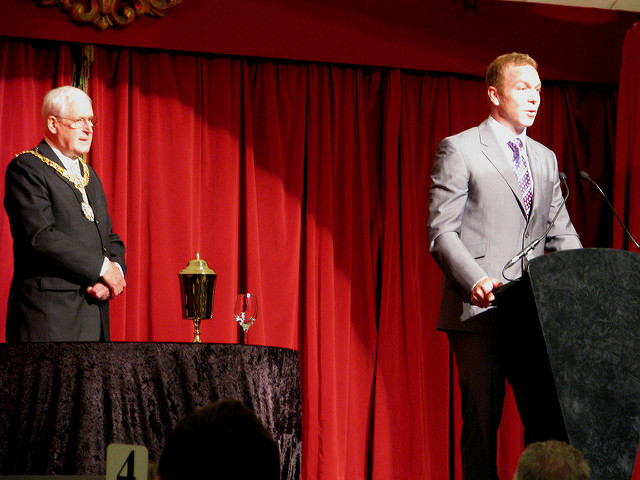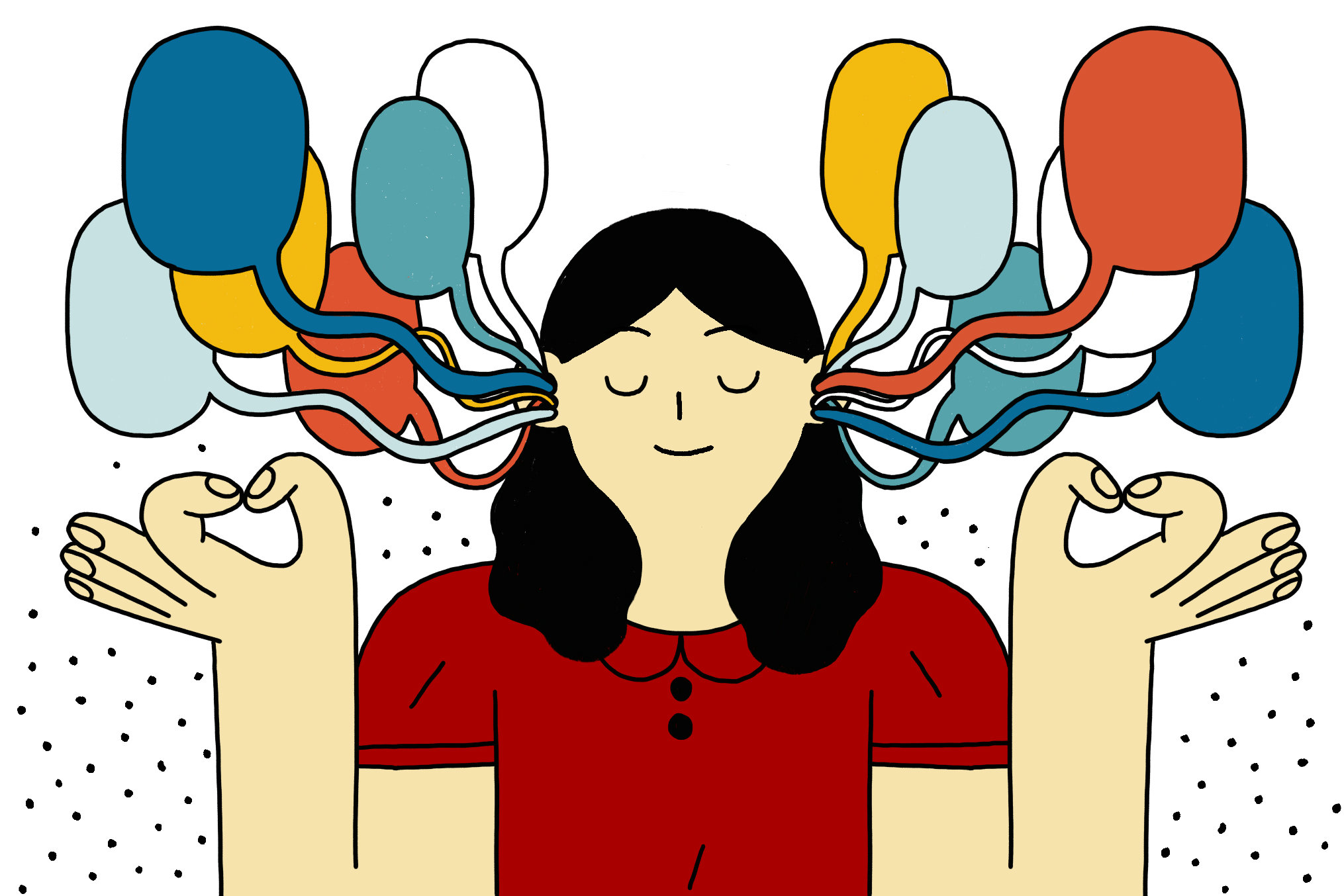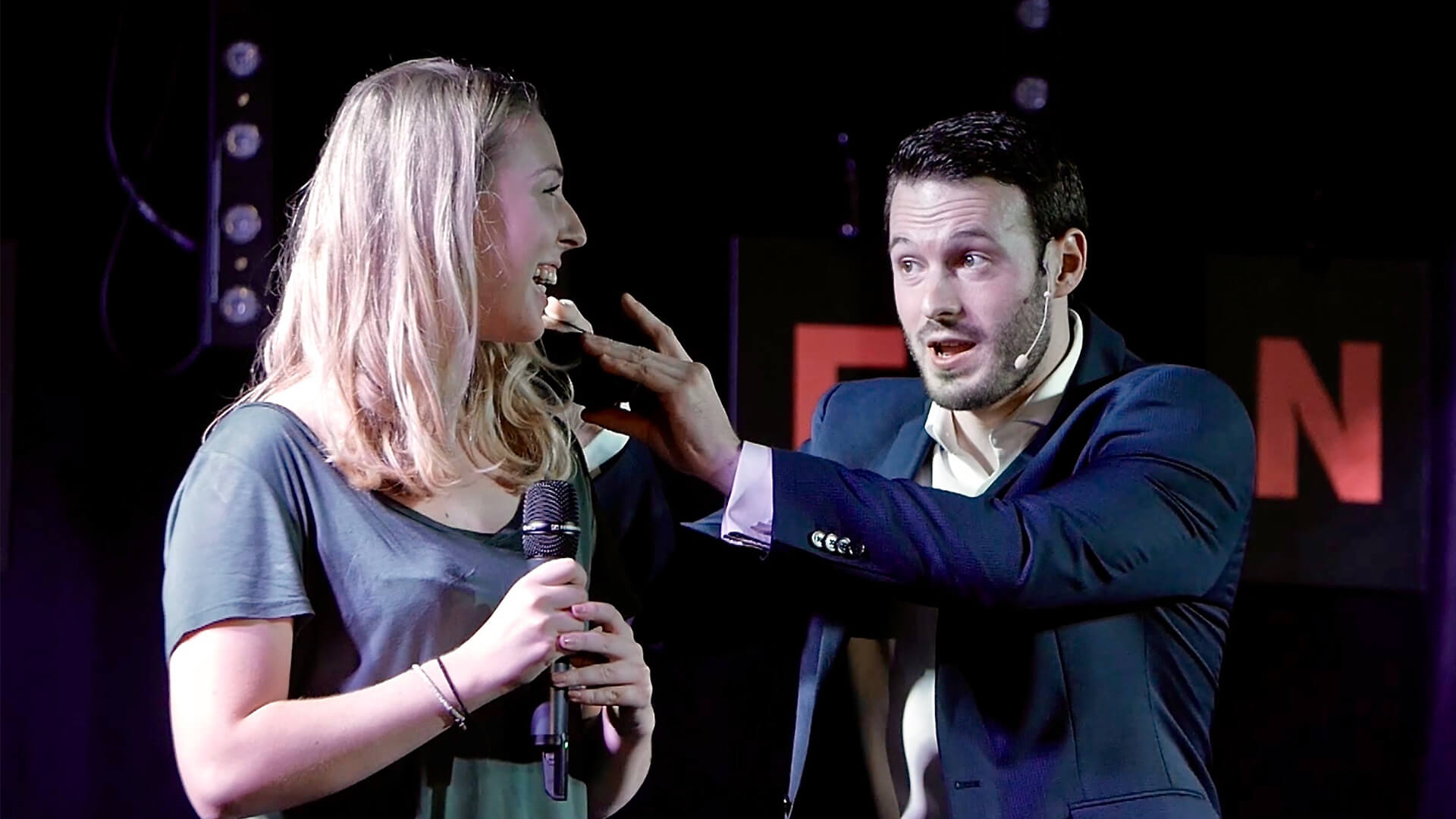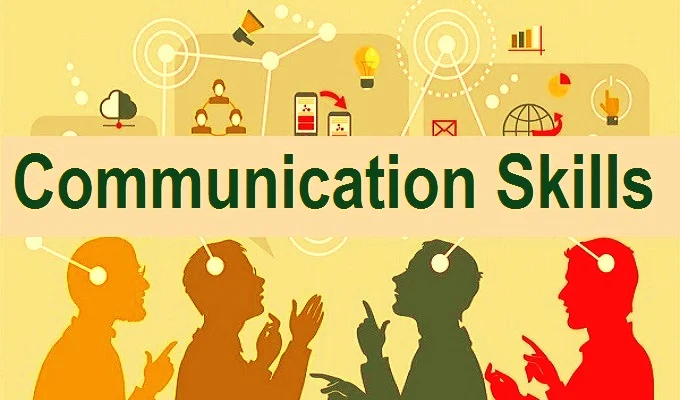Most of us in our lives have watched some great leader giving a so-called “public speech”. It might sound easy but, there needs a lot of long-term preparation and practice. Leaders tend to be highly qualified in this process or oration. In fact, public speaking for kids is the best way to do well in speaking or communicating.
Almost 50% of the readers will have no idea of how and when “public speaking” began. Public speaking was first trained and used during ancient Egypt.
In fact, the very first known written piece or oratory was written over 2,000 years ago from today. Moreover, the ancient written piece came from ancient Greece. The written document contained long written articles and contained some pictures.
History
However, the world-famous philosopher Aristotle was the first to record oratory from teachers. Some evidence has proved that Aristotle did quite some research when it came to “speaking”. Interestingly, he found out that most speakers always came with various reasoning, stories, and emotions.
In fact, in today’s world, these are some of the most important aspects while delivering a speech. Moreover, we speak more about the success stories of other leaders but, have less idea of how did they become one. This becomes more important when it comes to “public speaking”.
There are various ways and methods on how the speaker can judge their audience. Public speaking is not only about delivering the speech to the audience. In fact, the speaker should connect himself/herself with a huge audience with attractive words.
Moreover, further, in the article, we will be talking about various factors related to public speaking.
Read more about it at: https://virtualspeech.com/blog/history-public-speaking
Public Speaking and its Types
Firstly, public speaking is an act where an individual makes and delivers a speech before the audience. In fact, the speech has various types and based on that the speaker selects the public speaking topics. But, we could also say that public speaking is a talent for many. Speakers need public speaking skills to deliver a great speech before the audience.
Moreover, public speaking is of four different types and they:-
- Ceremonial Speaking
- Informative Speaking
- Demonstrative Speaking and
- Persuasive Speaking
Each of these types has its features and characteristics. Interestingly, the type depends on where and to what type of audience the speech is being delivered.
Ceremonial Speaking
Many of us have heard an individual giving a ceremonial speech. These kinds of speeches are very different than the normal speech we hear in the public.
Moreover, these kinds of speeches are very common at weddings, funerals, parties, and many more. Interestingly, there are eight common factors that make up ceremonial speaking: introduction, presentation, dedication, acceptance, toast, roast, eulogy, and farewell.

Informative Speaking
Informative speaking is highly different as compared to Ceremonial speaking. An individual with public speaking fear just cannot make such type of speech. Informative speaking or speeches only focuses on people, place, thing, bonds, processes, and many more.
In fact, the speaker is simply trying to explain a concept or idea to the audience. These kinds of speeches are very common in colleges, universities, schools, and some public official areas. Moreover, the information given in such speeches is very important.

Demonstrative Speaking
Demonstrative speeches are where the speaker teaches the audience directly and practically. In fact, these kind of speeches is very powerful and attractive for the audience.
Moreover, the speaker will need to act as a guide to the audience. The speaker needs to take the audience through the processes and use the “show and tell” method.

Persuasive Speaking
Persuasive speech or speaking is nothing but pitch in ideas. Professions like politicians, lawyers, and clergy members use such types of speeches.
For example, politicians always want votes or good support from the people. This is where the politicians use persuasive speeches. In fact, the same is with the lawyers.
Read more about it at: https://penandthepad.com/info-8131192-different-types-public-speaking.html

Public Speaking for Kids
Speeches that adults make today are how they learned when they were in their childhood days. Speaking in front of others is what your child will encounter throughout their life. It is always better to take a step ahead and help your child to be presentable for public speaking.
There are various ways, methods, activities when it comes to public speaking for kids. Firstly, not all children are bad at public speaking and not all children are good at it. In fact, many children have the public speaking skills naturally built in them.
Secondly, the main problem that today’s child faces while preparing for a public speech is shyness. It is the duty of the parents to help build up confidence in their children. In fact, the parents must ensure that their children are always open-minded and live without anxiety.
Below are some of the tips that parents can use on their children to overcome public speaking fear.
1. Ask Them To Practice Early
Some research has found out that most young children do not like playing public speaking activities. But, teachers and parents must ensure that they make it a part of their fantasy. Children play varieties of games and activities but, public speaking must be one of them.
Parents can do it by having their full attention on their kids while they are making a speech. In fact, doing such kinds of activities will help the child become more of a natural speaker. Learning would be much faster if these kinds of activities are done through role-plays, acting, and many more.
Parents and teachers can create activities where children are given different roles. The roles could be anything but, each of them should come up and speak before the audience.
Read more about it at: https://www.emergingedtech.com/2021/04/5-ways-to-teach-public-speaking-to-kids/

2. Feedback While Practicing Public Speaking
We are not humans if we don’t make mistakes and much if we don’t learn from them. Children will surely make a lot of mistakes while practicing such activities. Elders must ensure that their kids are appreciated or given positive feedback after such activities.
Simply using “It’s great” or “outstanding” would not help the child build confidence. In fact, the children must understand where they are going wrong and correct it next time. Additionally, avoid distracting them while they prepare for themselves this will not bring a good result.
Read more about it at: https://www.mathgenie.com/blog/how-to-help-your-child-be-a-better-public-speaker

3. Keep A Record
We all keep ourselves up to date when it comes to social media or recording our everyday routine. Make it a habit to record the public speeches done by your children. It is the easiest method of improving yourself while delivering a speech.
If the children are preparing for a presentation just a small book record or recorder would work great to record their speech. In the end, record their speech and play it back to them. Moreover, providing them with positive feedback and making them hear the speech would strengthen their confidence.
4. Encourage Confidence in their Daily Lives
Building high confidence takes time and even more for kids. In fact, public speaking for kids should be kept in mind and work should be done accordingly. Firstly, even the tiniest gesture can help your child build confidence. But, they need time and effort it cannot happen overnight.
The parents should set an example for themselves in front of their children. This is because they learn rapidly and maximum from watching others around them. Secondly, elders must try to be less timid and nervous around them. Elders who are calm and confident the children around will inherit those beautiful features.
An individual cannot become a good public speaker until they have all the required skills. In fact, the above are some of the best ways to build good speaking skills in children.

Benefits of Public Speaking for Kids
Very few parents know the importance of public speaking for kids. Starting public speaking at a young age results in many benefits when they are grown up. Children are prone to learn rapidly when they are young and importantly, inexperienced.
Below are some of the benefits of public speaking for kids:-
Growth and Development in communication
Good communication is what all multinational companies are looking for these days. But, we all know that good communication is not a cup of tea it cannot happen overnight. In fact, communication is interrelated with public speaking.
Communication is important because thoughts, relationships, business meetings, and many more depend on it. An effective communication helps the speaker speak out whatever is there on his mind to the listener.
In the same way, starting public speaking for kids at an early age builds good communication skills. In fact, children who face difficulty in communication are often found incapable in society. But, that is not the case they can always start and overcome the public speaking fear. As a result, this will help them grow rapidly in having good communication skills.

Growth in Listening Skills
Communication is incomplete if the individual lacks listening skills. To have effective communication both the speaker and the listener should play an active part. In fact, we listen to the speaker because we need something to respond in return.
Listening not only means responding with an answer, it also means understanding, gaining knowledge, and learning. Moreover, there is a huge difference when it comes to listening and hearing. In fact, the speaker can judge the audience better if they have listened or not.
The young children who are practicing “public speaking for kids” will automatically gain listening skills. This is because the information can only be understood if you listen and vice versa.
Improve your listening skills from: https://www.indeed.com/career-advice/career-development/how-to-improve-listening-skills

Advancement in Vocabulary and Pronunciation
Most elders tend to make many mistakes in their vocabulary and pronunciation while delivering a speech. But, if public speaking for kids is started at a young age this can be omitted to a great level. In fact, vocabulary and pronunciation are correlated. If pronunciation is incorrect, then obviously, the vocabulary will not be effective.
But, if public speaking for kids is practiced then they are helped with both these areas. But, to keep it constant the kids must practice daily speeches. In fact, they should make a habit of writing and all of it with proper guidance.
As a result, in the long term, this will help the children deliver a much-improved vocabulary and pronunciation. Moreover, children should be allowed to discover new vocabulary.

Planning, Organizing, Directing, and Controlling Skills
People or any individual with planning, organizing, directing, and controlling skills are often called, leaders. In fact, that is how any leaders around the world think and work accordingly. The same goes with public speaking for kids starting from a young age.
Before delivering a speech, the speaker should plan, organize, direct, and control the speech along with the audience. The practice of public speaking for kids shapes the children in such a way that they become outstanding planners or organizers.
Children learn about the research materials learn to organize them and then structure them. In fact, children prepare themselves to answer themselves if they are asked any questions related to it. Side by side, children tend to learn other skills such as empathy, decision-making, problem-solving, and many more.
Read more about it at: https://franticallyspeaking.com/10-benefits-of-public-speaking-for-kids-how-to-teach-them/

Academic Growth
Children with good public speaking qualities will surely make them good in academics. When they achieve the capability to speak in front of the audience, then they can speak in front of the class. In fact, some studies say that children who are highly active in class have a high success rate.
Children with good speaking skills will start to participate in the class, start discussions throughout the year. This is the phase where the children learn rapidly and their brain is developed very fast. Moreover, in some way, we could say that public speaking for kids contributes to their classroom success as well.

Analysis and Thinking Ability
The practice of public speaking for kids helps them to make critical analyses and think more. Moreover, in some way, it helps the children to analyze information, interpret, and solve the problem.
Analysis and thinking broaden the scope of knowledge in children. In fact, conducting various analyses and thinking to help them learn new things and topics. Moreover, they tend to analyze various texts and formats and this helps them to differentiate between right and wrong.

Better Job Opportunities
Practicing public speaking from a young age will help the children land a great job positions. The next phase after completing higher education is to find a job. As we have mentioned above that almost every multinational companies around the world prefer candidates with good communication skills.
With no doubt, the child who has always practiced public speaking will have no problem communicating. In fact, a child who is accomplished in public speaking will get the first preference in a job.
Moreover, public speaking is a diverse experience that involves dynamic development. Additionally, good communication or speaking skills are the basic job criteria. So, why not build a good base in that field since childhood.

Public speaking might be easy for some and quite tough for many. People with high confidence might give a speech but, that might hit differently to the listeners. While giving a public speech the speaker must attract listeners by delivering a strong speech and know their audience.
Very often speakers do not understand and don’t know how to engage with the listeners or the public. There are several ways to overcome this process of how the speaker can easily judge your audience.
6 Ways To Know Your Audience Better
Below are six different ways to judge your audience better:-
- Analyse Strictly to Know Your Audience
Analyzing is the most important step to knowing your audience during the speech delivery. The speaker must do thorough research on what type of audience he or she has selected. As a result, the speaker must select the right ones for their speech delivery. The speaker should know his or her audience very strictly.
To ensure maximum audience engagement the speaker must make sure that they find a common ground with the audience. Analyzing the common ground helps create empathy, if the audience can relate to the story that the speaker is relating then they may begin to care. Visit https://martech.org/7-ways-get-know-audience-better/ for more information.
2. Segregate the Audience
This is one of the best ways to judge your audience while delivering the speech. Dividing the audience into many sub-segments always help the speaker to know the audience better and provide the right information.
The speaker must choose the sub-segment that is most likely to adopt your perspective and appeal to the audience. There are many ways to segregate the audience some of them include: job title, age, gender, education qualities, geographies, and many more.
Additionally, by segregating the audience, the speaker will get into a more specific format. The speaker will have to think of every individual present out there. The speaker should think about what event or program he or she is speaking at and make a questionnaire out of that.

3. Deliver the Speech
The speaker might lose the interest of the audience even if the speech or the presentation is well-crafted and Soft Skills: How to Inculcate Soft Skills in Children?. The speaker himself must be focused on the delivery presentation to keep the interest of the audience.
While delivering the speech the basic rules should be straight such as smiling, good body posture, body language, and confidence. Then the speaker can make the speech more interesting by describing a scene or character, sharing a story, sharing personal experience, or showing a video.
The audience will come in a range of different moods using different attractive ideas that could interest them. The speaker should make the audience understand that why are the topic chosen important to the audience. To earn appreciation from the audience the speaker must deliver what the audience came to hear.
For example, if the speaker has an advanced degree in Biochemistry and if he talks in general about the field then he would be wasting the time of the audience. The audience is there to hear about the discovery of the speaker any other discussing topic will be unimportant for the audience.

4. Interaction with the Audience
The speaker must keep in mind that delivering a speech must not be a one-way communication. Just simply standing and delivering the speech or presentation cannot engage the audience. The presentation of the speech made should be interacting with the audience as well.
Just two minutes after the speech or presentation the speaker must start interacting with the audience. Doing this will help the audience and the speaker create bond and know about each other better.
The speaker can use these formulas to engage and know the audience:-
- Tell and joke or narrate an incidence
- Ask them to ‘raise your hand if….’
- Make it possible for the audience to answer the questions asked in a short format for example, in yes/no
- Narrate a quick story, then add ‘has that ever happened to anyone of you present here?’
- Ask the audience to make gestures if they agree or disagree with the statement that the speaker makes

These are some of the simple ways on how the speaker can engage with the audience. Very often, the speaker will find out that the audience is putting their interest in the presentation delivered by the speaker.
5. Greet the Audience At the Door
When the audience is walking in the speaker must take the opportunity to talk with some of the attendees. The speaker must introduce themselves to the attendees and ask the targeted questions related to the speech or presentation. This will help the speaker understand the expectations from the audience from the presentation or speech that he is going to make.
The result might be surprising or might not be as per the expectations of the speaker. The best way to overcome that is by making last-minute adjustments. This way the speaker will have a higher chance of engaging with the audience and judging them based on their taste and preference.

6. Inviting a Volunteer
To get the audience more engaged the speaker can ask a volunteer from the audience to come up from the platform. Bringing up volunteers from the audience makes the listeners put themselves in the volunteer’s place. The audience will relate to it and will find it more engaging while demonstrating.
This is a very simple formula to judge the audience and catch their engagement.

6. Change the primary topic
As per 2003 reports, the average person’s attention span was 12 seconds but, in 2015 that dropped to 8 seconds. The optimum time to hold the attention of the audience ranges from 18-20 minutes not more than that.
So, the audience cannot put their focus on the presentation for more than 20 minutes. This is why the speaker should change his primary topic and change to something off-topic. But, the speaker also needs to know that the attention span might be 20 minutes that slowly declines through the speech.
It is always good to change things up by showing a video, asking questions, including them during conversations. The audience tend to remember 80% of the things that they see or do. The speaker must keep the audience on toes to keep them engaging while giving a speech or presentation. Read more about it at https://blog.hubspot.com/service/know-your-audience.

Frequently Asked Questions
- How to handle a difficult audience?
Answer- There are various ways to handle or tackle with a difficult audience. Some of them are:- Taking Control, Go Outside the Box, Exercise Diplomacy, Handle Hostility, and Listen and Learn
- What is the best way to communicate effectively with the audience?
Answer- The best way to communicate effectively with the audience is to speak up and be clear. In fact, the speaker must ensure that the audience is heard. Moreover, the speaker must make their message or speech as concise as possible.
- Why knowing the audience very important for the speaker?
Answer- Understanding the audience is important because the unmet needs are met through speech. This allows the business idea or any product to grow better and develop a good strategy.
- What are the various types of audiences?
Answer- There are various types of audiences that the speaker will face or come across. But, some of the most common audiences is: Friendly, Apathetic, Uniformed, and Hostile.
- What are the basic characteristics of the audience?
Answer- The audience is segregated into many characteristics. Some of them are as follows:-
- Age
- Gender
- Area
- Health Status
- Medical Conditions
- Physical Challenges
- Health Risks
- Vision/Hearing and many more.
Share with your friends





